GitTorrent

GitTorrent: Decentralized Open Source Hosting
A decentralized GitHub alternative using BitTorrent and Bitcoin technology, empowering open source projects with greater resilience and independence
What is GitTorrent?
GitTorrent is a decentralized and open source platform that allows developers to collaborate on coding projects. It serves as an alternative to centralized services like GitHub by using peer-to-peer BitTorrent technology and Bitcoin payments.
Some key features of GitTorrent include:
- Decentralized hosting of Git repositories, making projects more resistant to being blocked or taken down
- Anonymous and autonomous accounts for contributors
- Built-in Bitcoin payments that allow projects to crowdfund development and pay contributors
- Encryption of data and communications between peers
- Tor integration for increased privacy
By building a censorship-resistant infrastructure for open collaboration, GitTorrent seeks to advance the goals of the free software movement. Its decentralized approach aims to prevent third parties from limiting access to projects or else influencing their direction.
Overall, GitTorrent brings the concepts of decentralization and peer-production to open source collaboration. It represents an evolution of platforms like GitHub and SourceForge by leveraging P2P technology to better align with the principles of software freedom.
GitTorrent Features
Features
- Decentralized hosting of open source projects
- Uses BitTorrent for distributing code
- Uses Bitcoin for payments
- Allows open source projects to be funded
Pricing
- Open Source
Pros
Cons
Official Links
Reviews & Ratings
Login to ReviewThe Best GitTorrent Alternatives
Top Development and Version Control and other similar apps like GitTorrent
Here are some alternatives to GitTorrent:
Suggest an alternative ❐JIRA

Redmine
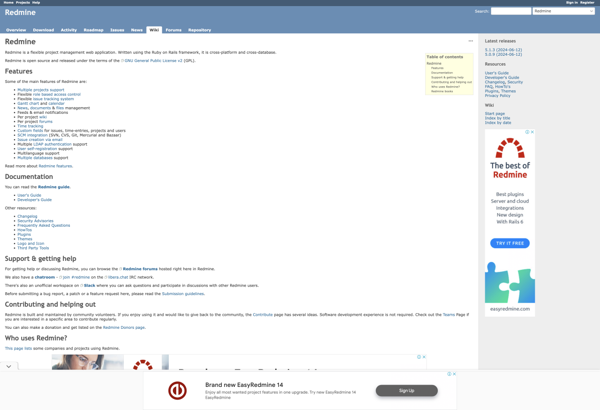
GitLab

Bitbucket

SourceForge
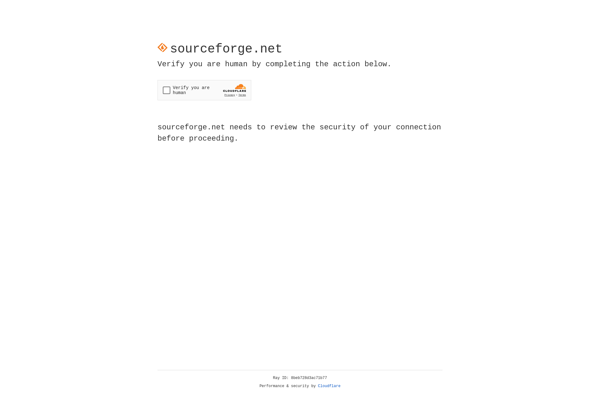
Gogs

Gitweb
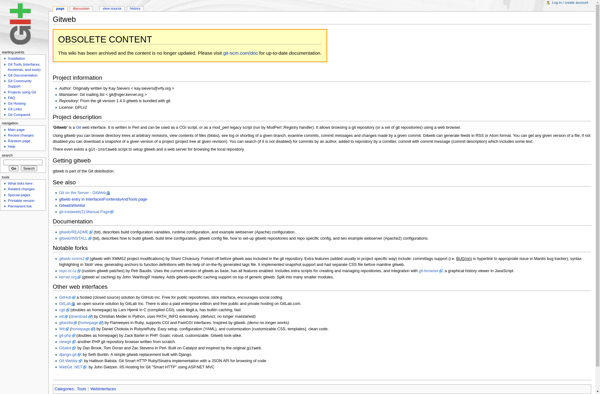
Fossil
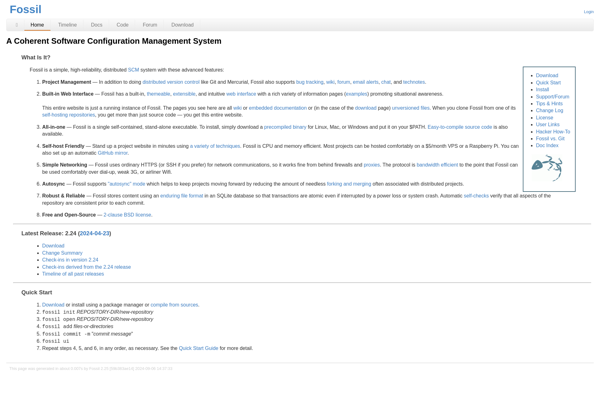
GitBucket
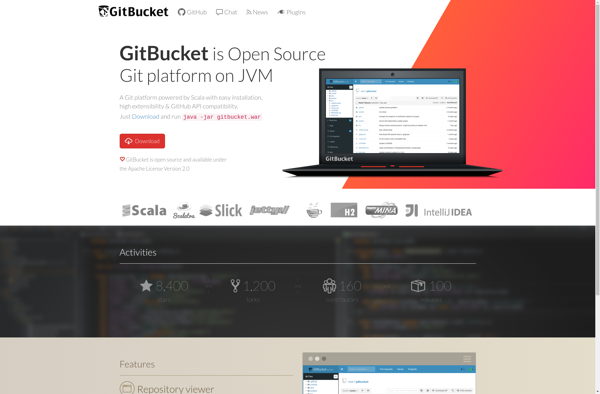
Radicle
